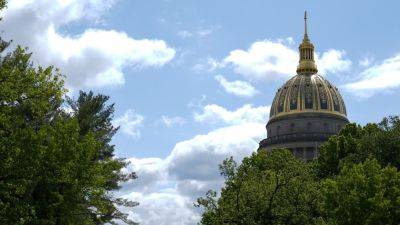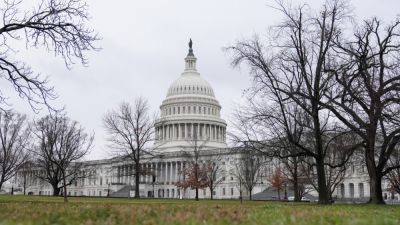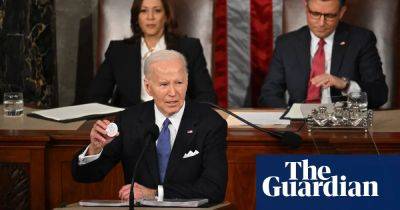Why Maratha panel said quota ‘need of hour’, warned of ‘social imbalance’
The Bill to grant 10% reservation to the Maratha community in education and employment passed by the Maharashtra Assembly on Tuesday was formulated based on the report of the Maharashtra State Backward Class Commission, which says it took into consideration “widespread data of 1.58 crore households collected from the nook and corner of the state”, used resources such as scientific survey, books, writings, opinions, and accounted for suggestions and disagreements.
Apart from finding the Maratha community “socially, educationally and economically backward”, the report said it was inadequately represented in public employment and education with low financial resources. It also said that 94% of farmers in the state who had committed suicide were from the Maratha community.
It says that Marathas make up 28% of the state’s population and 84% of them fall under the non-creamy layer category, making them eligible for protection in terms of reservation in employment and education, as held by the Supreme Court in the Indra Sawhney case.
“Maratha households falling below the poverty line and having yellow ration cards are 21.11% while open category households falling in the category stand at 18.09%. The percentage of Maratha households (in the category) is above the state average (of 17.4%) and this shows that they are economically backward,” the report stated.
The commission also concluded that the Marathas have suffered abject poverty for decades as their primary source of income was agriculture, which was depleting with each passing year.
Education indicators, the report said, clearly illustrate the community’s lower education levels, especially in completion of secondary education and achieving graduate, post-graduate and







